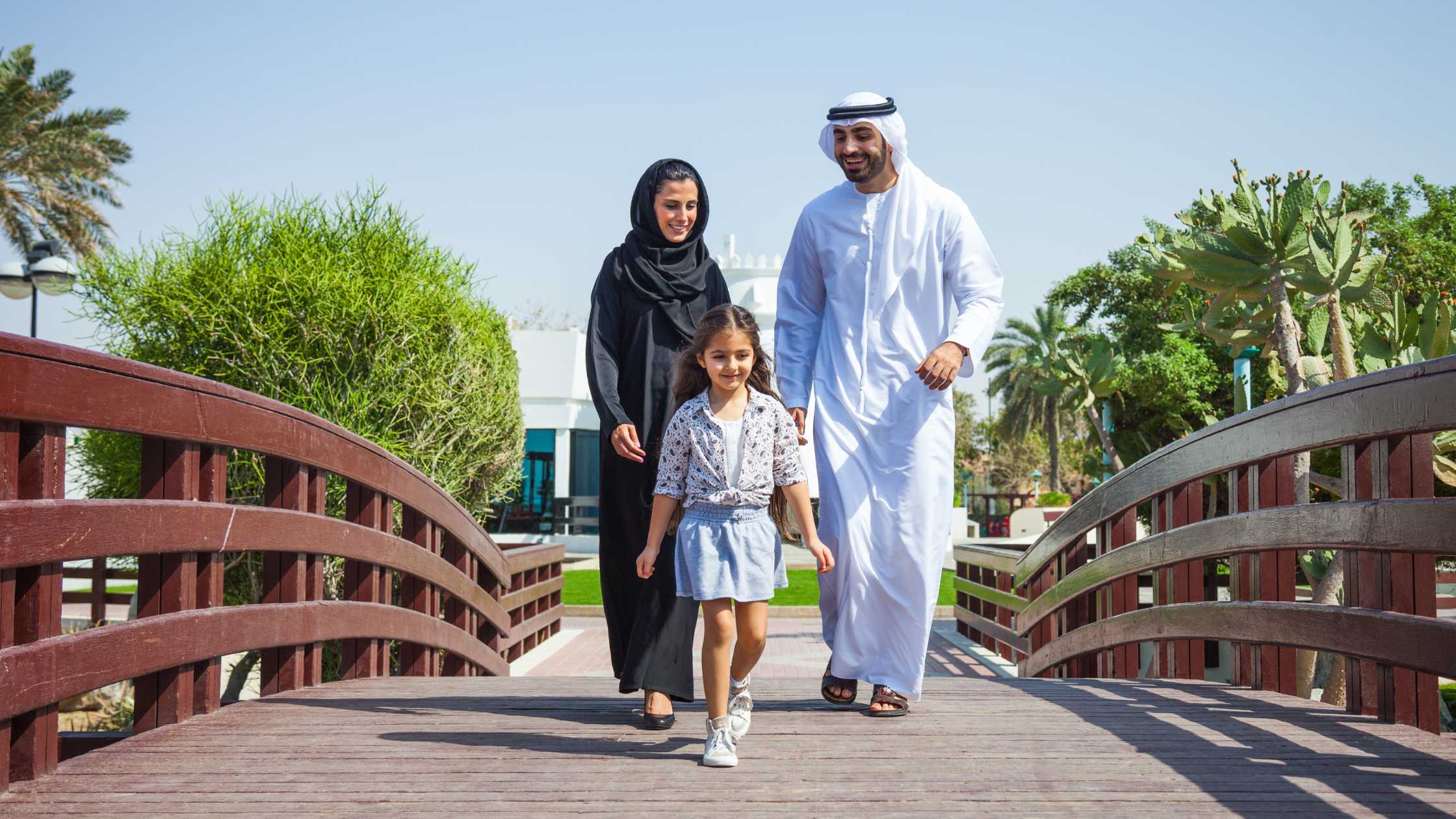Cultural Couture: Embracing Traditional Fashion in Dubai

In the bustling metropolis of Dubai, amidst the modern skyscrapers and luxury shopping malls, there lies a profound appreciation for cultural heritage and traditional fashion. While the city is known for its cosmopolitan and contemporary vibe, Dubai takes immense pride in preserving its rich cultural roots through the art of fashion. This article delves into the world of cultural couture in Dubai, exploring how traditional fashion continues to weave its way into the city's vibrant sartorial tapestry.
The United Arab Emirates (UAE), of which Dubai is a part, has a diverse cultural landscape that influences its traditional fashion. Emirati clothing is deeply rooted in Bedouin heritage, with the traditional attire reflecting the desert lifestyle and the need for practical and modest clothing. For men, the Kandura or Dishdasha, a long white robe, is a symbol of Emirati identity and is commonly worn in both casual and formal settings. Women don the elegant Abaya, a loose-fitting cloak, often adorned with intricate embroidery or embellishments. The Abaya has transcended its traditional purpose and has become a fashion statement, with contemporary designers adding a touch of modernity and creativity to this iconic garment.
Dubai's embrace of traditional fashion goes beyond the boundaries of Emirati culture. The city's cosmopolitan population has created a melting pot of cultures, each contributing its own unique sartorial traditions. South Asian fashion, for example, is prevalent in Dubai due to the large Indian, Pakistani, and Bangladeshi communities. Colorful and intricately designed garments such as the saree, salwar kameez, and lehenga choli are often seen in social gatherings, weddings, and religious events. Similarly, the traditional clothing of Arab countries, such as the thobe and ghutra for men, and the jalabiya and hijab for women, is also widely embraced in Dubai's diverse society.
Dubai's recognition of its cultural roots is not limited to everyday wear; it extends to special occasions and celebrations as well. Festivals like Eid al-Fitr and Eid al-Adha, which hold significant religious importance for Muslims, are occasions for individuals to showcase their finest traditional attire. Colorful and ornate clothing is donned, and the streets of Dubai come alive with a vibrant display of cultural couture during these festive times.
The Dubai Shopping Festival (DSF) is another event that celebrates cultural couture, among various other aspects of the city's identity. During DSF, local designers and artisans have the opportunity to showcase their creations, paying homage to the traditions of the UAE. This platform not only provides a boost to the local fashion industry but also encourages the younger generation to take pride in their cultural heritage. It fosters a sense of continuity and appreciation for traditional fashion that might otherwise be overshadowed by global trends.
Dubai's fashion industry itself plays a significant role in promoting cultural couture. Local designers and fashion houses incorporate traditional elements into their collections, blending heritage with contemporary aesthetics. These fusion designs have gained popularity not just in the UAE but also internationally, attracting fashion enthusiasts who seek to embrace cultural diversity through their wardrobe choices. The integration of traditional embroidery, motifs, and fabrics into modern silhouettes showcases the city's reverence for its cultural heritage while embracing innovation.
The city's souks, or traditional markets, are a treasure trove for those seeking authentic cultural couture. The Gold Souk, Perfume Souk, and Textile Souk are famous for offering a wide range of traditional fabrics, accessories, and clothing items. Visitors can immerse themselves in the rich heritage of Dubai's fashion while browsing through these vibrant and bustling markets.
Moreover, Dubai hosts various cultural festivals that highlight the significance of traditional fashion. Events like the Dubai Heritage Week and Al Marmoom Heritage Festival showcase the country's customs, arts, and traditions, including traditional attire. These festivals provide a platform for local artisans and craftsmen to display their expertise in creating stunning traditional clothing and accessories.
As Dubai continues to evolve as a global fashion capital, its dedication to preserving and promoting cultural couture remains steadfast. The city's fashion industry, fashion events, and markets reflect a deep sense of pride in its roots and traditions, serving as a reminder that amidst the glitz and glamour, the soul of Dubai's fashion lies in embracing the richness of its cultural heritage. The melding of traditional and contemporary elements in Dubai's fashion landscape is a testament to the city's ability to honor its past while striding confidently into the future.
